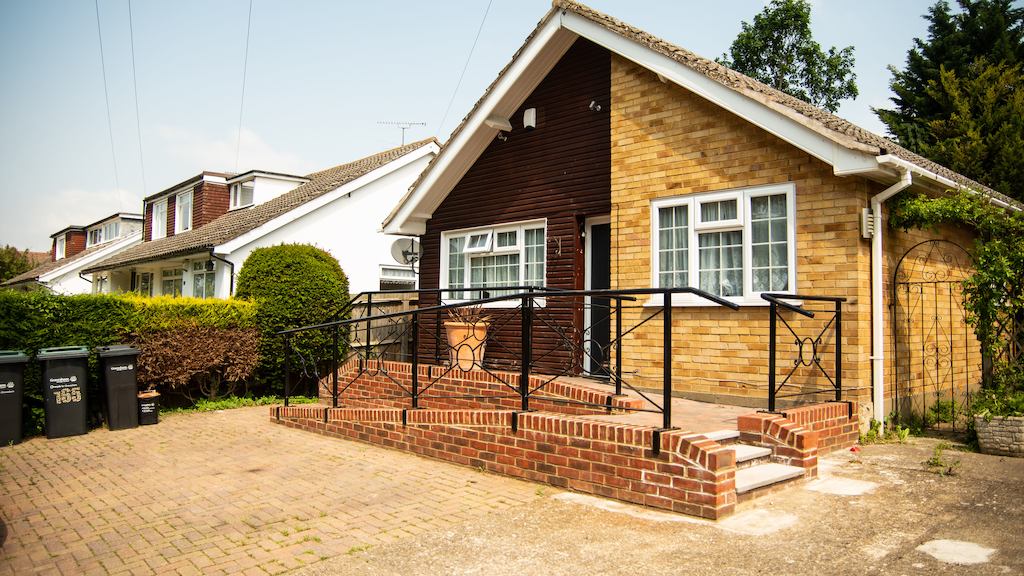“It is hugely disappointing to see that the £300 million funding to integrate housing into local health and care strategies promised as part of the government’s social care white paper has now been cut. The commitments made in the white paper were a real step forward, so to now remove more resources from this sector, which is operating under almost unprecedented strain, is extremely short-sighted and harmful.
“Poor quality housing costs the NHS £1.4 billion every year with half of this cost attributed to excessively cold living conditions and a significant proportion from hazards which cause people to fall and injure themselves. Research has shown that every £1 invested in preventative home improvement measures can save up to £7 in costs to the health service.
“This was desperately needed funding which would have played an important part in helping to alleviate some of the enormous pressures on the country’s health and social care sectors. The government was right in 2021 to announce funding to ensure ‘every decision about care is a decision about housing’. The successes and challenges of the health and social care sector are inextricably linked to quality and safety of our homes and the current levels of support are inadequate.
“We need to move away from sticking plaster funding to stave off constant crises in social care which is failing people on a mass scale, and towards a longer-term approach that allows for innovation and preventative measures.
“At the moment, far too many people, and especially older people, are living in homes that worsen their health, increasing demand for health and social care services. It is also harder to alleviate those pressures if people cannot be safely discharged from hospital because their homes are unsafe and unsuitable. It is a huge false economy for the government to cut this funding.”

